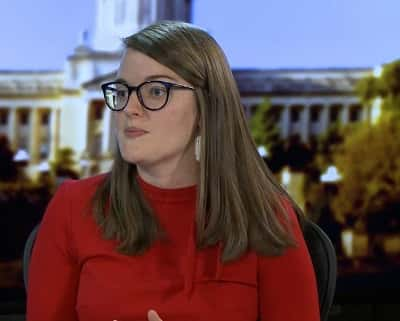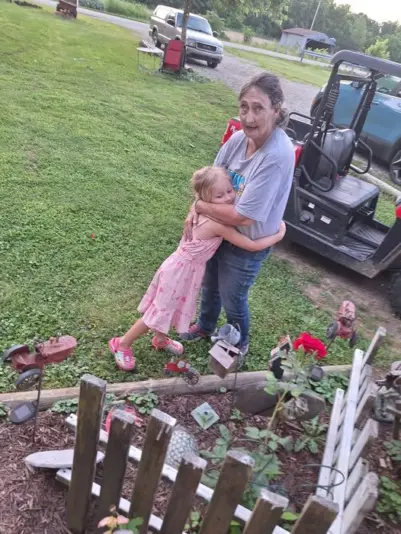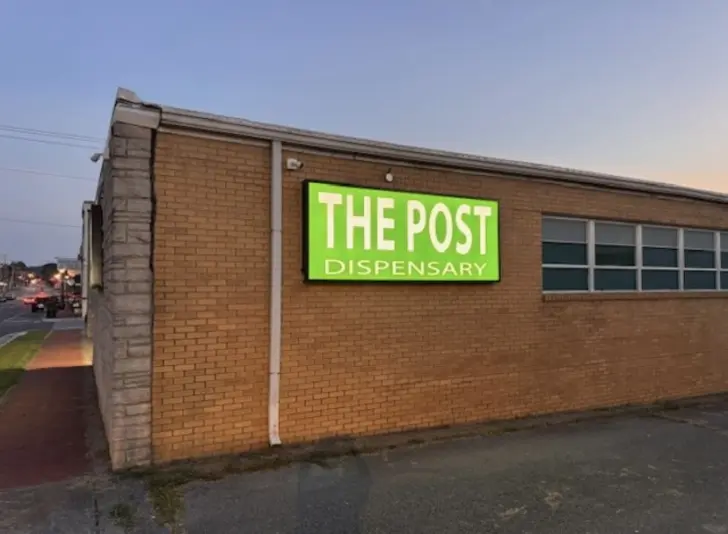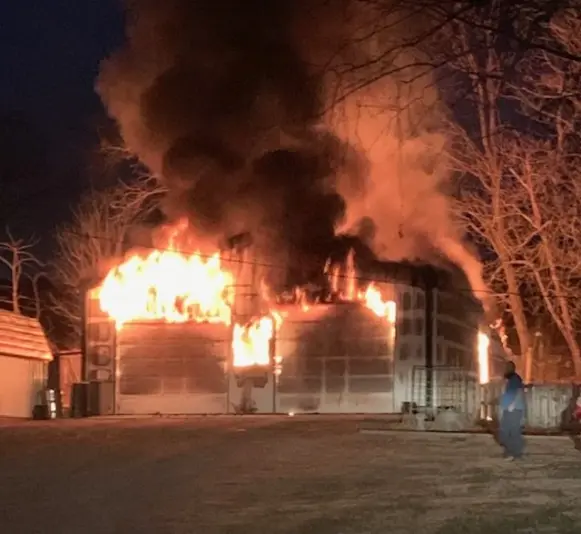
While my work as your state representative has kept me very busy over the past few weeks, I have been closely monitoring how our state is responding to catastrophic flooding and how the 18th legislative district has been impacted.
Forty-nine of the state’s 120 counties have issued disaster declarations. The destruction is heartbreaking, but I am pleased with the work being done by our state and local emergency management folks.
As our communities recover from the flooding, the legislature is preparing for the final days of the 2021 Session. I would like to focus on some of the steps we are taking to improve the rural areas of our state.
Among them is HB 320, legislation aimed at getting broadband to the “last mile” of underserved or unserved Kentuckians. Whether educating students, connecting with family, working from home, or participating in a telehealth appointment, technology connects and enables us to continue life digitally.
Broadband is an essential infrastructure in our digital economy. It is every bit as essential as roads and bridges are to our economic development efforts. We must take a targeted approach to accelerate access to broadband in our state’s most underserved areas.
HB 320 would allow electric cooperatives regulated by the Public Service Commission to qualify for the financial assistance available to other broadband providers through the Broadband Development Fund. The measure also contains language that more than doubles the amount of money available to the fund.
The bill builds on legislation passed during the 2020 legislative session. At that time, the General Assembly created the Broadband Deployment Fund to harness state resources and engage both public and private sector companies to reach the ‘last mile,’ the term used to describe hard to reach, rural areas that do not have the population necessary to attract some companies. By allocating $250 million towards this fund, we are not only declaring broadband access a top priority for this legislative session but also a top priority for the future prosperity of rural areas of our Commonwealth.
Many experts believe that one of the lasting implications of the pandemic will be an increase in people working remotely. Technology has certainly made that easier, which makes broadband expansion even more important. However, remote working also provides everyone an opportunity to work from anywhere – making the great quality of life in our rural communities attractive to those who would otherwise have to work in urban areas. That makes data centers, the facilities that centralize an organization’s data storage and processing functions, critically important to locating daily operations in communities.
HB 372 allows Kentucky an opportunity for investment, economic advancement, and industry diversification. Data centers generate new income and business taxes, create additional property taxes, which increases local tax revenue. In states where companies like Google and Facebook have built data centers, the massive facilities and employees contribute significantly to local tax revenue.
This bill provides a state sales tax exemption on data center equipment and construction materials to companies that invest at least $150 million in Kentucky within five years and create a minimum of twenty permanent, competitive jobs. Over the last seven years, no data center has located in a state without this tax benefits.
We are approaching the one-year anniversary this week of Kentucky’s first diagnosed case of COVID-19 and have an opportunity to reflect on the past twelve months and how the people of this commonwealth have weathered this experience. Many Kentuckians are still struggling to get their unemployment benefits, much less talk to someone on the phone.
HB 367 would increase access to unemployment insurance benefits across the Commonwealth and would mandate public employment offices be open and operational in specified locations across the state anytime the unemployment rate in a local workforce area increases to above five percent.
It is critical for our citizens to also have quality access to medicine so we can improve health outcomes. Of the 100 hospitals in Kentucky, 28 are rural hospitals that are in danger of closing. HB 556 will allocate $20 million to the rural hospital operations and facilities revolving loan that was created during the 2020 legislative session to help rural hospitals. This measure would not only aid our rural hospitals, but it would help our rural communities recover from the effects of the COVID-19 pandemic. We are on the brink of a health care crisis in rural communities throughout our state.
Hospitals are some of the biggest job producers in our communities, and we must do everything we can to ensure their continued success.
Another measure aimed at helping citizens obtain easier access to medical care is HB 48. The measure would ensure that citizens have access to pharmacists and improve health outcomes that would allow pharmacists to receive reimbursement for additional services and procedures they provide. Pharmacists collaborate with healthcare professionals, such as physicians and nurse practitioners. Their collaboration helps ensure that patients properly take their medications as prescribed and avoid any harmful effects.
I am grateful to serve the 18th legislative district and our communities. If you are needing assistance or have any questions, I can be reached during the week from 8:30 a.m. until 4:30 p.m. (EST) through the toll-free message line at 1-800-372-7181. You can also contact me via e-mail at Samara.Heavrin@lrc.ky.gov. You can keep track of committee meetings and potential legislation through the Kentucky Legislature Home Page at legislature.ky.gov and you can also follow me on Facebook @KYRepSamaraHeavrin.
Rep. Samara Heavrin








